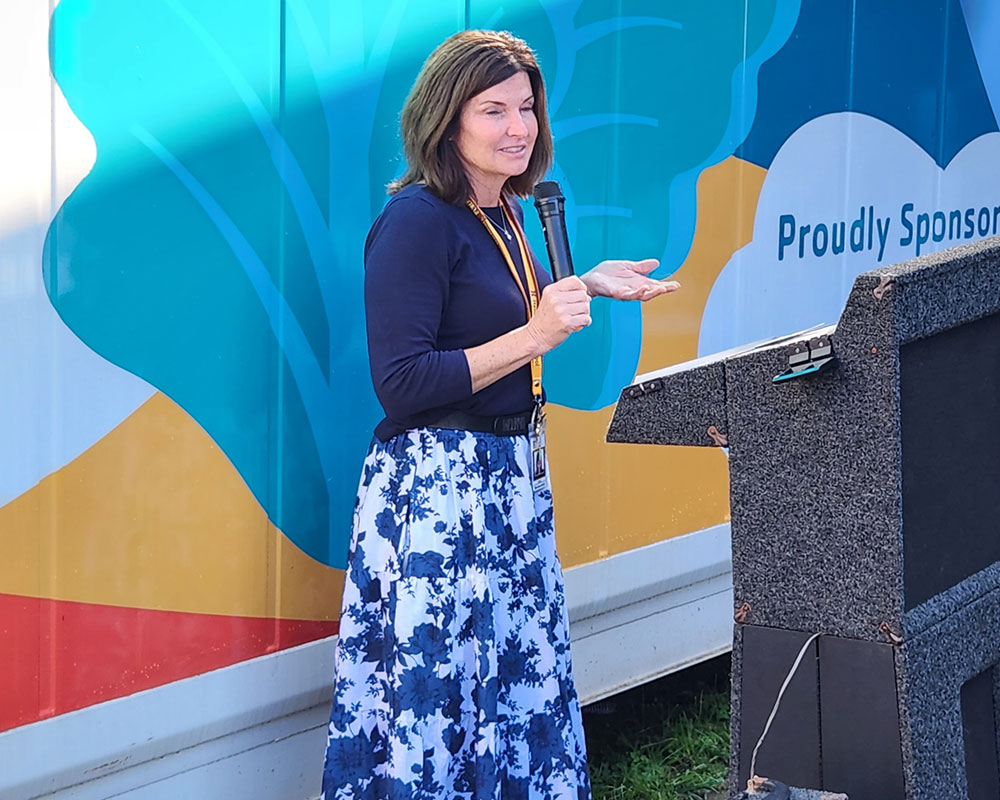With school districts across the state contemplating staff and program cuts, education advocacy groups are asking House Democrats for a further boost to the state’s annual aid injection for public schools.
Haverhill schools are no different with School Committee members saying they must overcome a projected $11.1 million deficit in the spending plan for the year that begins July 1. In his presentation to a workshop last week, Assistant Superintendent Michael J. Pfifferling pointed to a significantly smaller increase in state aid than necessary to keep up with rising costs.
The School Committee meets tonight and discusses, among other things, the impact of ending pandemic-era relief such as Elementary and Secondary School Emergency Relief Fund.
State aid for public schools, issued through under Chapter 70 of state law, increases every year to account for how prices have gone up across the economy. Currently, the state will increase aid by 4.5% maximum, no matter how some categories of costs may have grown. A coalition of educators and labor unions called on lawmakers to “fix a flaw in the Chapter 70 formula treatment of inflation” that “is causing a steep funding cliff in our school districts.”
“The way that Chapter 70 originally worked, the value lost to inflation in those years would have been made up in future years. But because of a glitch that was an unintended consequence of a change in the formula, value lost to the cap in one year is no longer made up in future years. And this is having serious consequences in our schools. We need to fix this,” Mary Bourque, co-executive director of the Massachusetts Association of School Superintendents, told House Democrats.
Haverhill School Committee member and former economist Thomas Grannemann argued in a letter to WHAV the 7% and 8% inflation in fiscal years 2023 and 2024, with only 4.5% increases from the state in response, has left schools behind. While Haverhill Public Schools is set to receive an additional $5.2 million for this year, Pfifferling said he was expecting more. Last year, the injection was $8.5 million.
This year, Gov. Maura Healey applied a 1.35% inflation rate to education aid, based on estimates from the U.S. Department of Commerce, according to the administration. School groups suggested lawmakers add an additional 2.58% boost in 2025 to make up for value lost in 2023, and to change the law to account for insufficient money in 2024 in the future.
Asked by Haverhill Rep. Andy X. Vargas how much increasing the inflation rate to their suggested amount would cost, Bourque replied, “We do admit it’s somewhere around $400 million.”
Acknowledging tax revenues are down, Methuen Rep. Ryan M. Hamilton told WHAV in an interview this week, “There will be a bit of tightening the belt, this budget, there’s no doubt about that. But still, we’re not in a recession. We should still be able to take care of what we need to in the budget.”
“We have to go down to the state and lobby for some more money for chapter 70 and tweak the formula a bit,” he added.
Both the Haverhill Public Schools and state budgets will be workshopped until the next fiscal year begins July 1.
The Haverhill School Committee meets virtually and in person Thursday night, beginning at 7 p.m., in the Theodore A. Pelosi Jr. City Council Chambers, room 202, Haverhill City Hall, 4 Summer St. As a public service, WHAV plans to carry the meeting live.
State House News Service contributed to this report.

